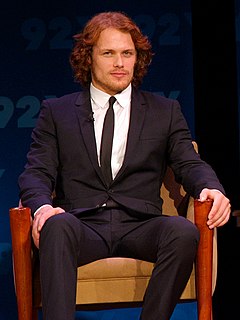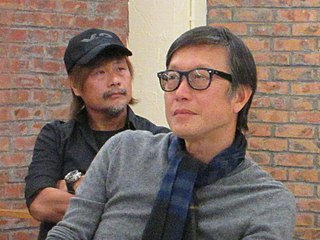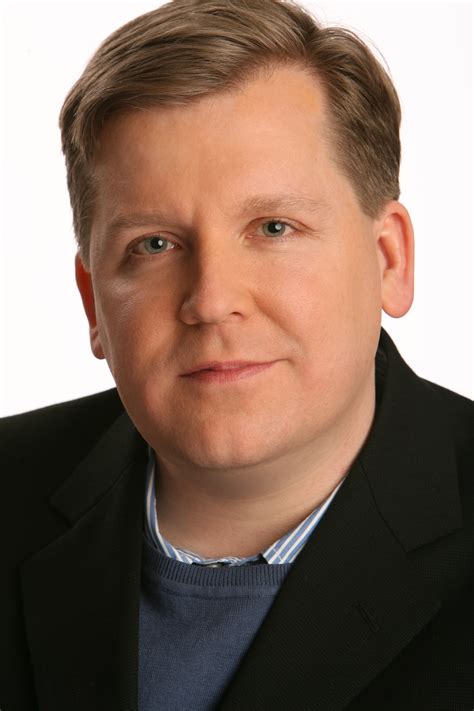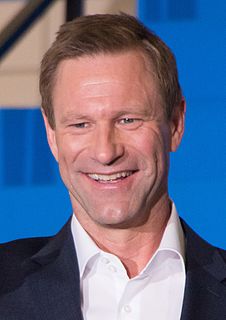A Quote by Kim Jee-woon
To go into more specifics regarding actors, whether they're from Korea or the U.S., all actors know if they are loved by the director. When they feel that love from the director, they respond by giving a great performance on camera. Also, everyone on set - the crew, the actors - they were aware of the film's message and its broad theme, so these big issues were never discussed on set.
Related Quotes
In the old days when I first was coming up, you would turn up on set in the morning with your coffee, script, and hangover and you would figure out what you were going to do with the day and how you were going to play the scenes. You would rehearse and then invite the crew in to watch the actors go through the scenes. The actors would go away to makeup and costume and the director and the DP would work out how they were going to cover what the actors had just done.
When somebody can't reveal what they're after - whether by word or by how the camera is set up, lighting, etcetera - it's like an electronic beep beep; it interferes very much with what we actors can do. And, after all, the director wants the actors to be bringing forth the best that they can, according to whatever vision he has.
I love actors, both my parents were actors, and the work with actors is the most enjoyable part of making a film. It's important that they feel protected and are confident they won't be betrayed. When you create that atmosphere of trust, it's in the bag - the actors will do everything to satisfy you.
I have my set rigged with the biggest sound system possible and have a mini jack for my iPod attached to my director's chair. I find playing music is a very direct way to communicate with actors and the crew, especially those crew members who are on the periphery of the set. I like dancing on set too, it's a good way to release tension.
Actors, I think, are all the same. Both Korean actors and American actors are all very sensitive people, and they are all curious to know what the director thinks of them and how they are evaluated, and they try to satisfy the director. And they like it if you listen carefully to their opinions and accept them.
Animators do amazing working translating and interpolating the characters [in the Planet of the apes], the facial performances. What we're creating on set - if you don't get it on the day, in the moment, on set, in front of the camera, with the director and the actors. The emotional content of the scene and the acting choices.
Actors become actors because they loved entertaining their family by putting on the lampshade and dancing around as a kid, ... That's not my personality. For me, the fun part of making movies is seeing it as a director sees it. I like the architecture of movies. I like knowing what's coming and working to set that up.






































